If y = a x b 2x1, then d 2 y/dx 2 is equal to (1) y2 log ab2 (2) y log ab2 (3) y2 (4) y (log ab2)2 Solution y = a x b 2x1 dy/dx = a x log a bAnswer (1 of 6) By dividing through out by e^(y) and taking z=e^(y), we can reduce the eqn to a linear first order eqn in z and x Solution is 2x e^(y)Cx^(2)=1To ask Unlimited Maths doubts download Doubtnut from https//googl/9WZjCW Solve `dy/dx=(x^23y^2)/(2xy)`

Solve The Linear Differential Equation X 2 1 Dy Dx Xy X Youtube
X(1-x^2)dy/dx (2x^2-1)y=ax^3
X(1-x^2)dy/dx (2x^2-1)y=ax^3- Solve the following differential equation (x3x2x1)dy/dx=2x2x Welcome to Sarthaks eConnect A unique platform where students can interact with teachers/experts/students to get solutions to their queriesFind dy/dx y^2=(x1)/(x1) Differentiate both sides of the equation Differentiate the left side of the equation Tap for more steps Differentiate using the chain rule, which states that is where and Tap for more steps To apply the Chain Rule, set as



What Is The General Solution Of The Differential Equation 2x 2y 3 Dy Dx X Y 1 Quora
(3y24)dy = 3x2 dx Integrate to get y34y = x3 C y(1)=0 implies C=1 Our "Solution" is y34y = x3 1 Unfortunately this does not lead to a simple formula for y as a function of x But as one class member said " You can easily solve for x" Mathematica will give a very complicated answer with many roots inside of rootsAnswer (1 of 6) u=2*x1 is onetoone and onto, so we can solve x=(u1)/2 and then y=x^2–2*x=(u1)^2/4–2*(u1)/2=(u^2–2*u1)/4(u1)=u^2/4u/21/4u1= u^2/4 To ask Unlimited Maths doubts download Doubtnut from https//googl/9WZjCW `(1x^2)dy/dx2xy=(x^22)(x^21)`
Answer to Solve the initial value problem dy/dx = (y^2 1)/(x^2 1), y(2) = 2 By signing up, you'll get thousands of stepbystep solutions toSee the answer See the answer See the answer done loadingI think it's reasonable to do one more separable differential equation from so let's do it derivative of Y with respect to X is equal to Y cosine of X divided by 1 plus 2y squared and they give us an initial condition that Y of 0 is equal to 1 or when X is equal to 0 Y is equal to 1 and I know we did a couple already but another way to think about separable differential equations is really all
Solve the differential equation x(1 – x^2)dy (2x^2y – y – 5x^3)dx = 0 asked in Differential equations by KumariMuskan ( 339k points) differential equationsY(1) = 1 2y0 − 1 x y = −xy−2 Dividiendo por 2 y0 − 1 2x y = x 2 y−2, que es de Bernoulli Multiplicando por y2 se obtiene y2y0 − 1 2x y3 = − x 2 (B) Se efectua´ un cambio de variable w = y3 ⇒ dw dx =3y2 dy dx ⇒ 1 3 w0 = y2y0 If y = xx, prove that d2y/dx2 (1/y)(dy/dx)2 y/x = 0 Welcome to Sarthaks eConnect A unique platform where students can interact with teachers/experts/students to get solutions to their queries




X X 3 Dy Dx 2x 2 1 Y A X 3




The Solution Of Dy Dx X 2 Y 2 2x 2 Is
3 Finding Z f(g(x))g′(x)dx by substituting u = g(x) Example Suppose now we wish to find the integral Z 2x √ 1x2 dx (3) In this example we make the substitution u = 1x2, in order to simplify the squareroot term We shall see that the rest of the integrand, 2xdx, will be taken care of automatically in thePopular Problems Calculus Find dy/dx 2xyy^2=1 2xy − y2 = 1 2 x y y 2 = 1 Differentiate both sides of the equation d dx (2xy−y2) = d dx (1) d d x ( 2 x y y 2) = d d x ( 1) Differentiate the left side of the equation Tap for more steps By the Sum Rule, the derivative of 2 x y − y 2 2 x y y 2 with respect to x x is d d x 2 Ex 53, 13 Find 𝑑𝑦/𝑑𝑥 in, y = cos–1 (2𝑥/( 1 𝑥2 )) , −1 < x < 1 𝑦 = cos–1 (2𝑥/( 1 𝑥2 )) Let 𝑥 = tan𝜃 𝑦 = cos–1 ((2 tan𝜃)/( 1 𝑡𝑎𝑛2𝜃 )) 𝑦 = cos–1 (sin 2θ) 𝑦 ="cos–1" (〖cos 〗(𝜋/2 −2𝜃) ) 𝑦 = 𝜋/2 − 2𝜃 Putting value of θ = tan−1 x 𝑦 = 𝜋/2 − 2 〖𝑡𝑎𝑛〗^(−1) 𝑥 Si



Secure Media Collegeboard Org




If Integrating Factor Of X 1 X 2 Dy 2x 2y Y A X 3 Dx 0 Is E Intp Dx Then P Is Equal To
Answer to Solved Solve xy' = y 2x^2 y, where y(1) = 1 Solve dy/dx This problem has been solved! Explanation dy dx = 2x (y x2y)2 this is separable dy dx = 1 y2 ⋅ 2x (1 x2)2 y2 dy dx = 2x (1 x2)2 ⇒ y3 3 = − 1 1 x2 CWeekly Subscription $249 USD por semana hasta cancelar Suscripción mensual $799 USD por cada mes hasta cancelar Suscripción anual $3499 USD por cada año hasta cancelar



Stat Wisc Edu




Solutions Of The Differential Equation 1 X 2 Dy Dx Xy Ax Where A In R Is Youtube
1) dy/dx y = e^2 2) dy/dx 2xsiny /x cosy = 0 3) dy/dx 5y = 0 4) dy/dx y = 2x 5) dy/dx y = cosx 6) dy/dx x^2y1 / x = 0 (x>0)Y = 1 3 p 1c(1x2) (2) 2 dy dx = y x − x y2;Solve your math problems using our free math solver with stepbystep solutions Our math solver supports basic math, prealgebra, algebra, trigonometry, calculus and more




Worked Example Identifying Separable Equations Video Khan Academy



Www2 Southeastern Edu
Int \ dy = int \ (x1 Given dy dx = x 1 x2 Multiply both sides by dx dy = x 1 x2 dx Integrate ∫dy = ∫ x 1 x2 dx ∫dy = 1 2 ∫ 2x 1 x2 dx ∫dy = 1 2 du u y = 1 2ln(u) C y = 1 2ln(x2 1) C Ex 53, 1 Find 𝑑𝑦/𝑑𝑥 in, 2𝑥 3𝑦 = sin𝑥 Given 2𝑥3𝑦 = sin𝑥 Differentiating both sides 𝑤𝑟𝑡𝑥 (𝑑 (2𝑥 3𝑦




If Y X X2 1 1 2 M Then Show That X2 1 D2y Dx2 X Dy Dx M2y 0 Mathematics Topperlearning Com 6jd9kell



0以上 Y X 2 2x 1 X 3 Y X 2 2x 8 Y 0 X 1 X 3 Duongmopintjos
If y = (2x 1)3 find dy/dx If y = (2x 1)3 find dy/dx A 3(2x1)2 B 6(2x1) C 3(2x1) D 6(2x1)2 Correct Answer Option D Explanation y = (2x 1)3 dy/dx = 3(2x 1)31 x 2 = Past Question and answers for schoolworksSolve your math problems using our free math solver with stepbystep solutions Our math solver supports basic math, prealgebra, algebra, trigonometry, calculus and moreClick here👆to get an answer to your question ️ solve x(1x^2)dy (2x^2y y ax^3)dx = 0



Www3 Nd Edu



Lcps Org
Answer (1 of 5) On dividing the given equation by x^2, it becomes y'' 2(1x)/xy' 2(1x)y/x^2 = x, which is a second order linear differential equation of the form y''f(x)y'g(x)y = r(x), where xf(x) and (x^2)g((x) and r(x) are analytic at x=0, ie x=0, is a regular singular point of If integrating factor of x(1 x^2)dy (2x^2y y ax^3)dx = 0 is e^∫Pdx, then P is equal to asked in Differential equations by Sarita01 (About Press Copyright Contact us Creators Advertise Developers Terms Privacy Policy & Safety How works Test new features Press Copyright Contact us Creators




Solve X 1 X 2 Dy 2x 2y Y Ax 3 Dx 0




X 1 X 2 Dy 2x 2y Y Ax 3 Dx 0
Free separable differential equations calculator solve separable differential equations stepbystepI am solving this linear Differential equation which can be easily solve by using the formulas for the Bernoulli's Equations I have solved till $$\frac{dy}{dx}\frac{(2x^21)y^3}{3x(1x^2)y^2}=\fAnswer (1 of 3) y=(x1)(x2)/x^1/2 = (x^23x2)/x^1/2 dy/dx=√x(2x3)1/2√x(x^23x2)/(√x)^2 dy/dx =2x(2x3)(x^23x2)/2x√xx dy/dx =4x^2–6xx^23x



Faculty Math Illinois Edu
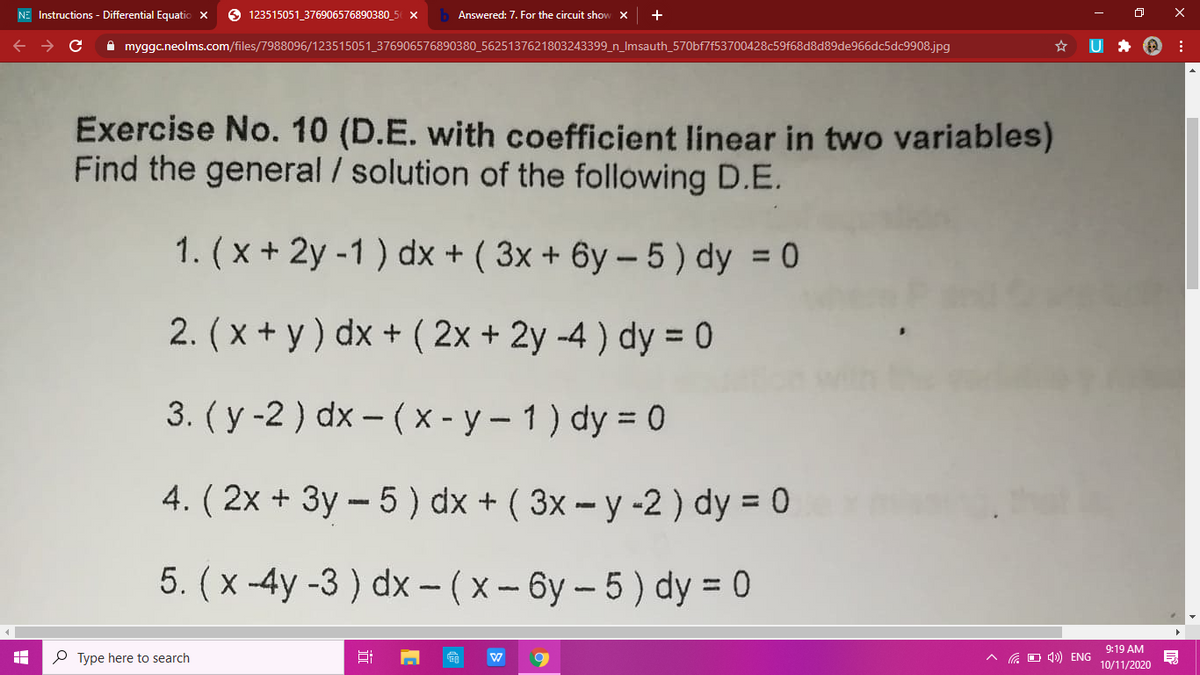



Answered 4 2x 3y 5 Dx 3x Y 2 Dy Bartleby
dy/dx=xy1/2x2y3 1 See answer Advertisement Advertisement anjali is waiting for your help Add your answer and earn points If 2x = y1/3 y–1/3, prove that (x2 – 1)(d2y/dx2) x (dy/dx) – 9y = 0 Welcome to Sarthaks eConnect A unique platform where students can interact with teachers/experts/students to get solutions to their queriesCalculus Applications of Derivatives Using Implicit Differentiation to Solve Related Rates Problems 1 Answer



What Is The General Solution Of The Differential Equation 2x 2y 3 Dy Dx X Y 1 Quora



Solve The Differential Equation X2 1 Dy Dx 2xy 1 X2 1 Studyrankersonline
y = 1/(2(x^22x3)) c > dy/dx = (x1)/(x^22x3)^2 Is a First Order Separable Differential Equation, so we can just separate the variables;The issue is that you integrated y with respect to x, and concluded that it was equal to y This is only viable if y = aex for some constant a, which we have no reason to suspect Solve y ^2x (\frac {dy} {dx})^2 = 1 using proposed change of variables Solve y2 −x(dxdy )2 = 1 using proposed change of variablesSolve your math problems using our free math solver with stepbystep solutions Our math solver supports basic math, prealgebra, algebra, trigonometry, calculus and more




Solve X X 1 Dy Dx X 2 Y X3 2x 1 Maths Application Of Derivatives Meritnation Com




Solve X 1 X 2 Dy 2x 2y Y Ax 3 Dx 0
Solve your math problems using our free math solver with stepbystep solutions Our math solver supports basic math, prealgebra, algebra, trigonometry, calculus and moreAnswer I read the following equation M(x,y)dx N(x,y)dy =0 , with M(x,y) = y(y 2x 2 ) , N(x,y) = 2(x y) The equation is not exact because M_y =2(x y 1) # N_x = 2 But ( M_y N_x )/N = 1 So the IF = exp(x) may be used to obtain the exact equation P(x,y)dx Q(x,y)dy = 0 wiClick here👆to get an answer to your question ️ The solution of dy/dx = x^2 y^2 1/2xy satisfying y(1) = 1 is given by



Amherst Edu
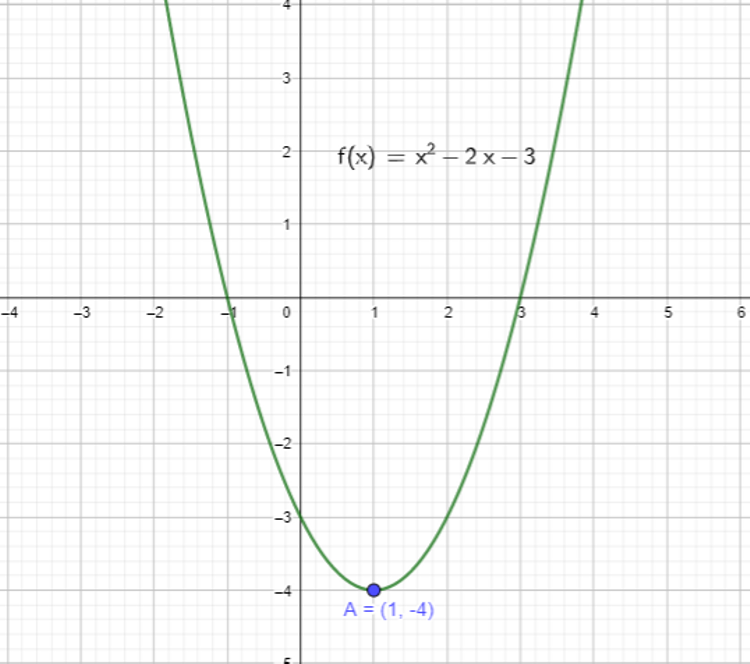



Basic Differentiation Tutorial For Igcse And A Level Maths Vivax Solutions
y=xe^x^2c xdy/dx=2x^2yy, separating the variables 1/ydy/dx=2x^21/x so dy/y=2x^2dxdx/x, integrating int1/ydy=int2x^2dxint1/xdx, we have lny=x^2lnxRelated Links If y = f (2x 1) / (x 2 1) and f' (x) = sin 2 x, then dy / dx = If y = log log x, then e y dy/dx = If y = log 2 log 2 (x), then dy/dx is equal to If y = log sin x tan x, then dy/dx at π/4 is equal to If y = mx be one of the bisectors of the angle between the lines ax 2 2hxy by 2 = 0 ,then If y = sec1 ((√x 1)/(√x 1)) sin1 ((√x 1)/(√x 1)), thenFind dy/dx y^2=1/(1x^2) Differentiate both sides of the equation Differentiate the left side of the equation Tap for more steps Differentiate using the chain rule, which states that is where and Tap for more steps To apply the Chain Rule, set as
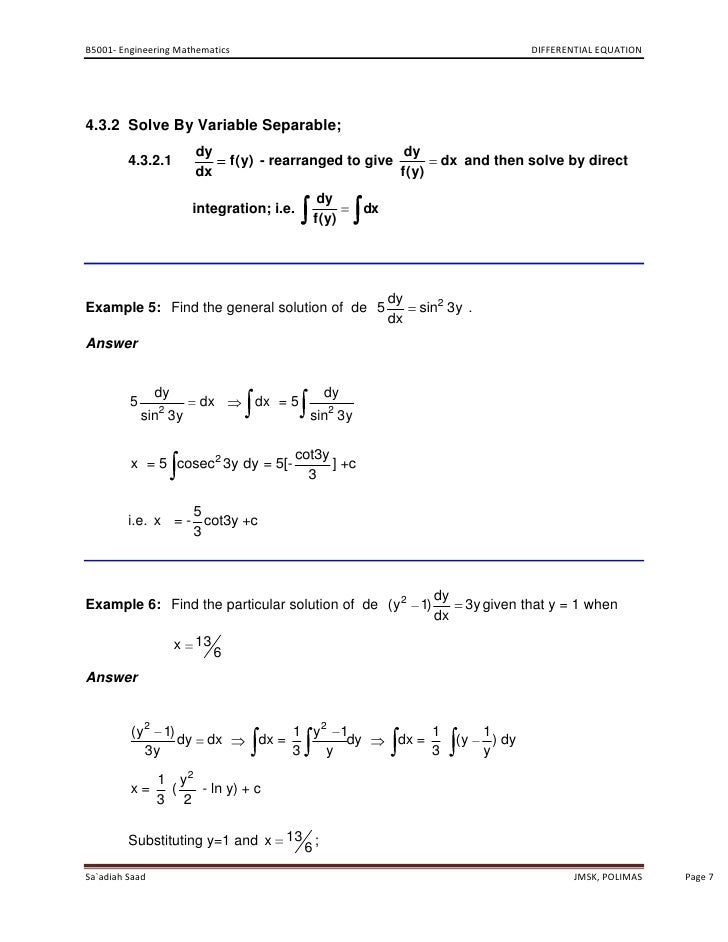



Differential Equation




Misc 7 Show That General Solution Is X Y 1 A 1 X Y 2xy
Ex 53, 11 Find 𝑑𝑦/𝑑𝑥 in, 𝑦 = cos–1 ((1− 𝑥^2)/( 1 𝑥2 )) , 0 < x < 1 𝑦 = cos–1 ((1− 𝑥^2)/( 1 𝑥2 )) Putting x = tan θ yCalculate dy dx You need not expand your answer y = х 38 1343) (x2 1) dy dx = dy Calculate You need not expand your answer dx 3x2 9x 13 y = 2x 4 dy dx Show My Work (Optional) /1 Points DETAILS WANEFMAC7 Calculate dy You need not expand your answer dx y x2 6x 1 x2 3x 1 dy dx If #y=x^32x# and #dx/dt=5#, how do you find #dy/dt# when #x=2# ?




Solve The Differential Equation X 1 Dydx 2x 3y



If Dy Dx X 4 2x 3 3x 1 Then D 3y Dx 3 Evaluated At X 2 Is
How can I solve it?




If Y X X Prove That D 2y Dx 2 1 Y Dy Dx 2 Y X 0 Brainly In



1
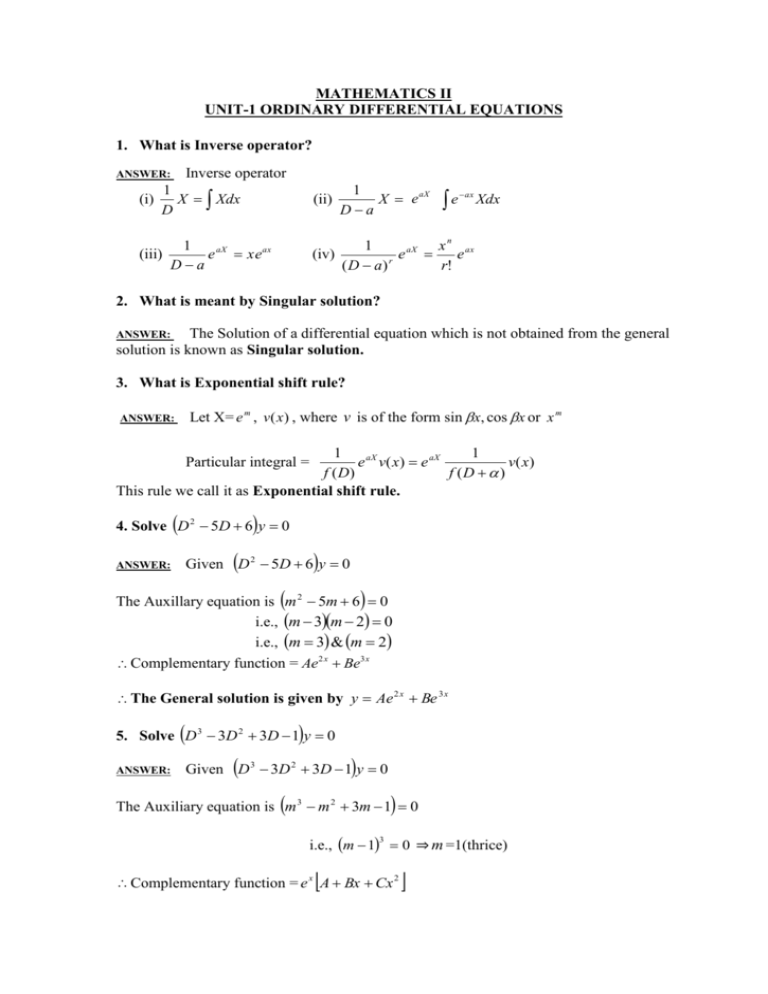



Mathematics Ii Tranquileducation




The Solution Of The Differential Equation Dy Dx X Y 2 When Y 1 1 Is A Log E Abs 2 Y 2 X 2 Y 1 B Log E Abs 1 X Y 1 X Y X Y 2 C Log E Abs 2 X 2 Y X Y D Log E Abs 1 X Y 1 X Y 2 X 1
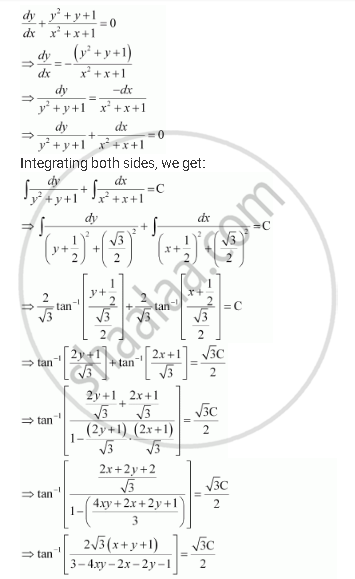



Show That The General Solution Of The Differential Equation Dy Dx Y 2 Y 1 X 2 X 1 0 Is Given By X Y 1 A 1 X Y 2xy Where A Is Parameter Mathematics Shaalaa Com



If Math Sqrt 1 X 2 Sqrt 1 Y 2 A X Y Math How Can I Prove Math Frac Mathrm D Y Mathrm D X Sqrt Frac 1 Y 2 1 X 2 Math Quora




Ex 9 5 15 Class 12 Find Solution 2xy Y 2 2x 2 Dy Dx 0 When
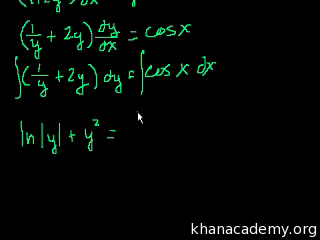



Separable Equations Example Old Video Khan Academy



Solved Solve The Following Differential Equations X Y 3 Dx X Y 1 Dy 0 2 X Y 1 Dx 3x 4y 2 Dy C 3 1 Y 2 Xy 2 Dx X 2y Y 2xy Dy Course Hero
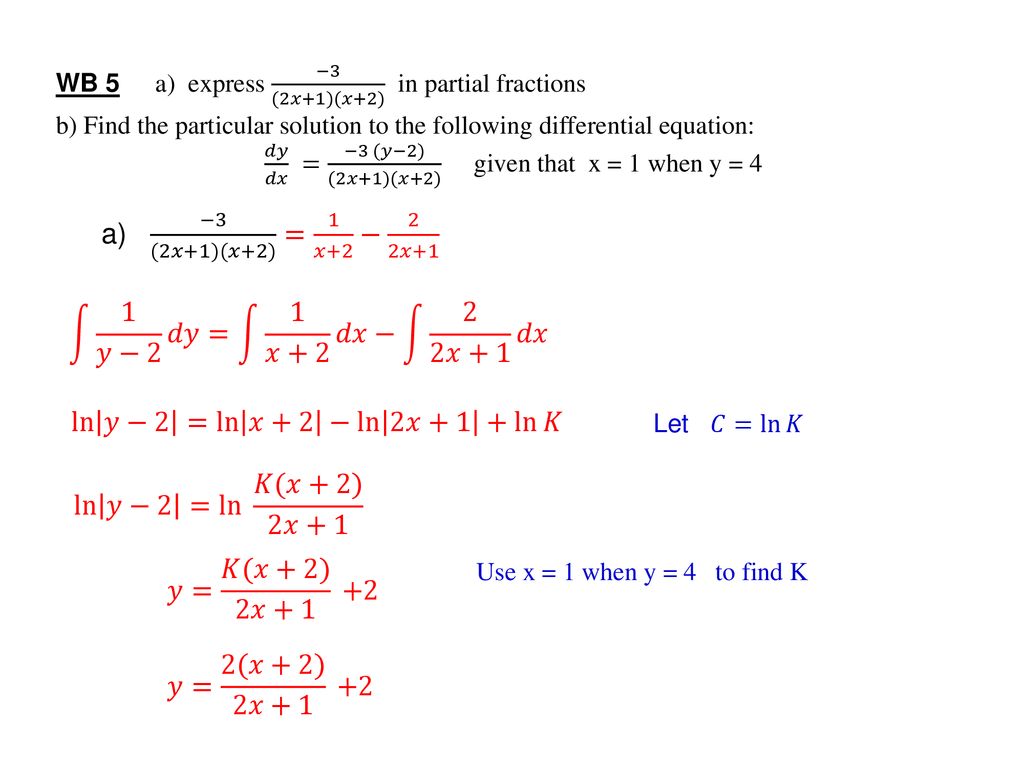



Differential Equations Ppt Download




Differential Equations Pdf Ordinary Differential Equation Equations



Amherst Edu




1 Solve X 1 X2 Dy 2x Y Y Ax3 Dx 0 Homeworklib



1




Solving The Bernoulli Differential Equation X 2 Dy Dx Y 2 Xy Youtube



How To Solve This Differential Equation Sqrt 1 X 2 Dy Sqrt 1 Y 2 Dx 0 Quora




Substitution Rule
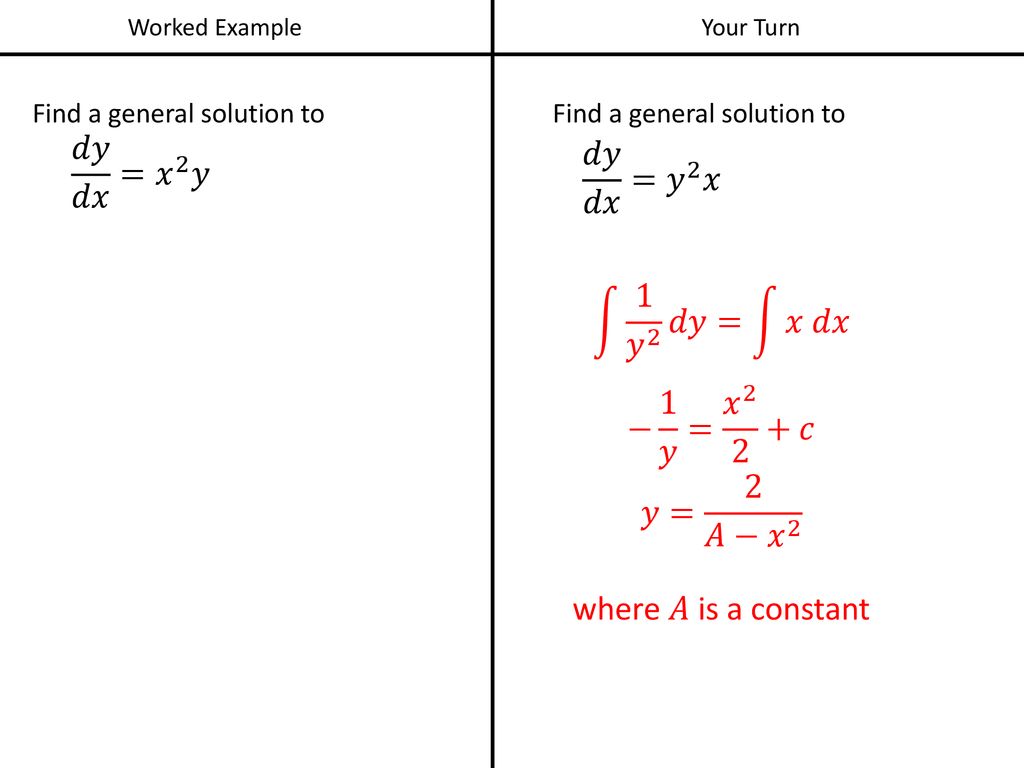



Differential Equations Separation Of Variables Ppt Download




Ex 9 6 8 Find General Solution 1 X2 Dy 2xy Dx Ex 9 6




The Solution Of 3x 1 X 2 Y 2dy Dx 2x 2 1 Y 3 A X 3is
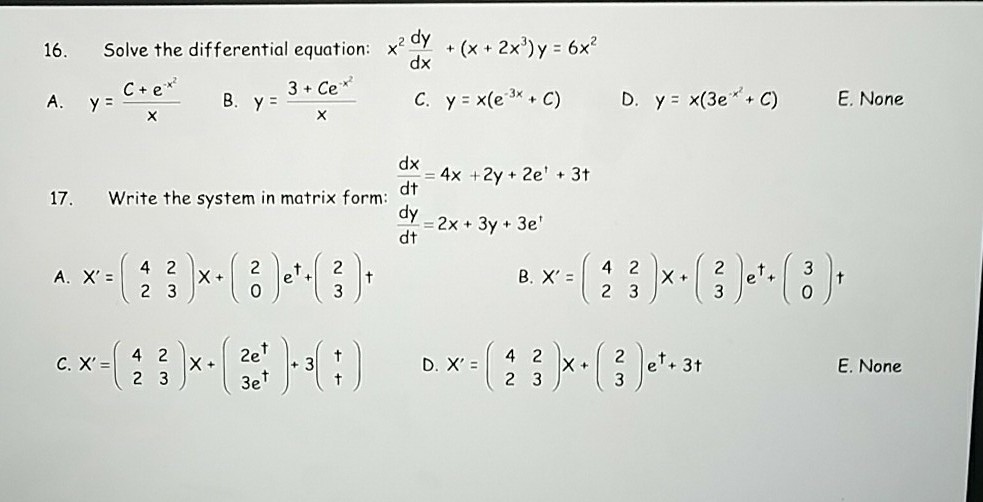



Solved Solve The Differential Equation X 2 Dy Dx X Chegg Com




Engineering Mathematics Notes



Nwlehighsd Org




Ex 9 4 11 Find Particular Solution X3 X2 X 1 Dy Dx




1 X 2 Dy Dx Xy 1 Youtube



If Integrating Factor Of X 1 X 2 Dy 2x 2y Y Ax 3 Dx 0 Is E Pdx Then P Is Equal To Sarthaks Econnect Largest Online Education Community
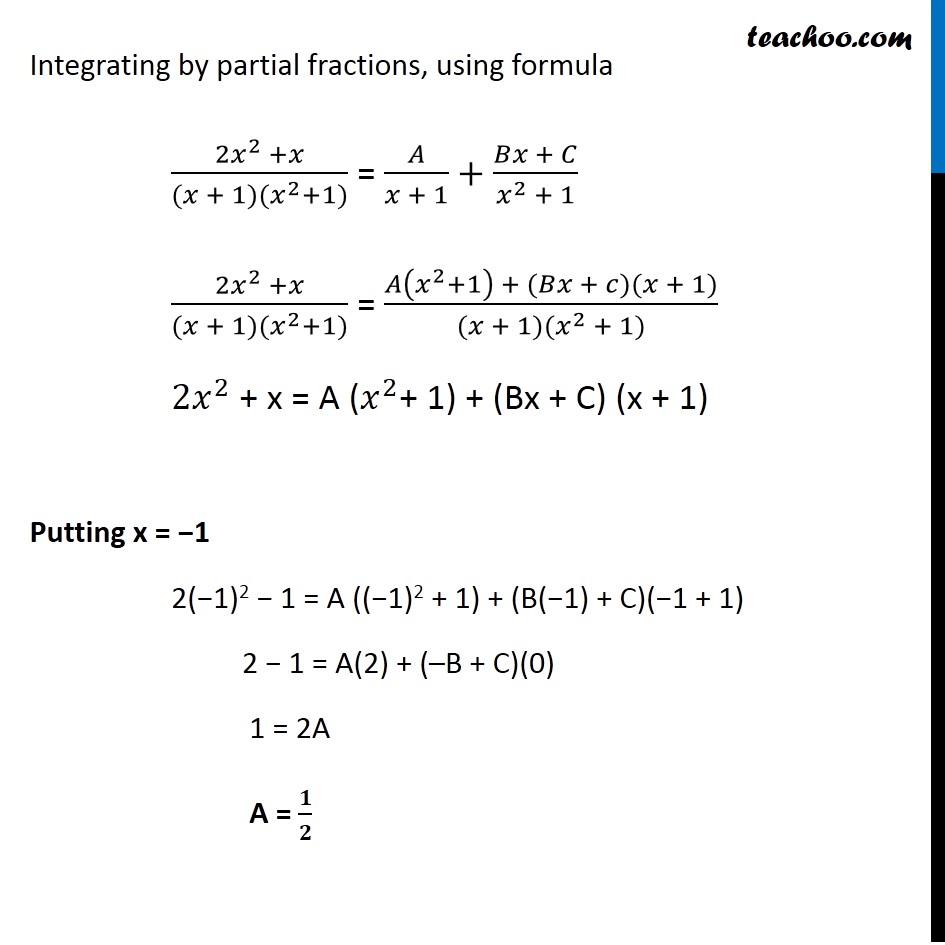



Ex 9 4 11 Find Particular Solution X3 X2 X 1 Dy Dx



How To Solve The Differential Equation Y X Dy Dx A Y 2 Dy Dx Quora




Solve Dy Dx 2x Y 1 X 2y 3 Youtube




If Y X Is Solution Of Differential Equation Satisfying Dy Dx 2x 1 X Y E 2x Y 1 1 2e 2 Then A Y Log E2 Log E2 B Y Log E2 Log E2 4 C Y X Is Decreasing Is 0 1 D Y X Is Decreasing Is 1 2 1
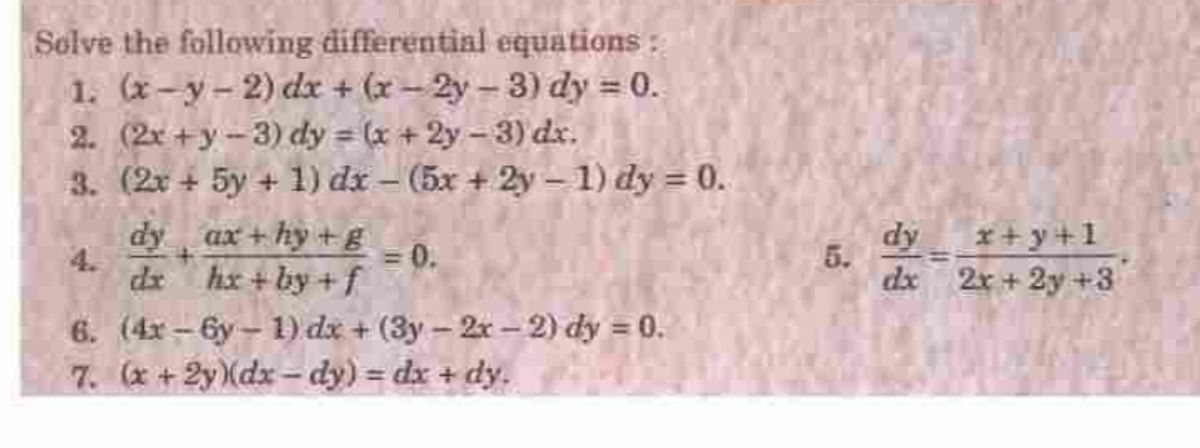



Z7en2gzfwy4hm




First Order Linear Differential Equations



How To Solve Show The Differential Equations Are Exact 2xy Y Tany Dx X 2 X Tany 2 Secy 2 2 Dy 0 Te Tx 2x Dx Dt Xe Xt 0 Quora




The Differential Equation Dy Dx 2x 3y Has The Initial Conditions That Y 2 At X 0 Obt Homeworklib




The Solution Of 3x 1 X 2 Y 2dy Dx 2x 2 1 Y 3 A X 3is



Solved Solve The Following Bernoulli Equations B 2 X 2 Dy Dx Xy X 3 Y 3 C Y X Y X2 5 X 2 Y 1 2 D X Dy Dx 6y 3xy Course Hero
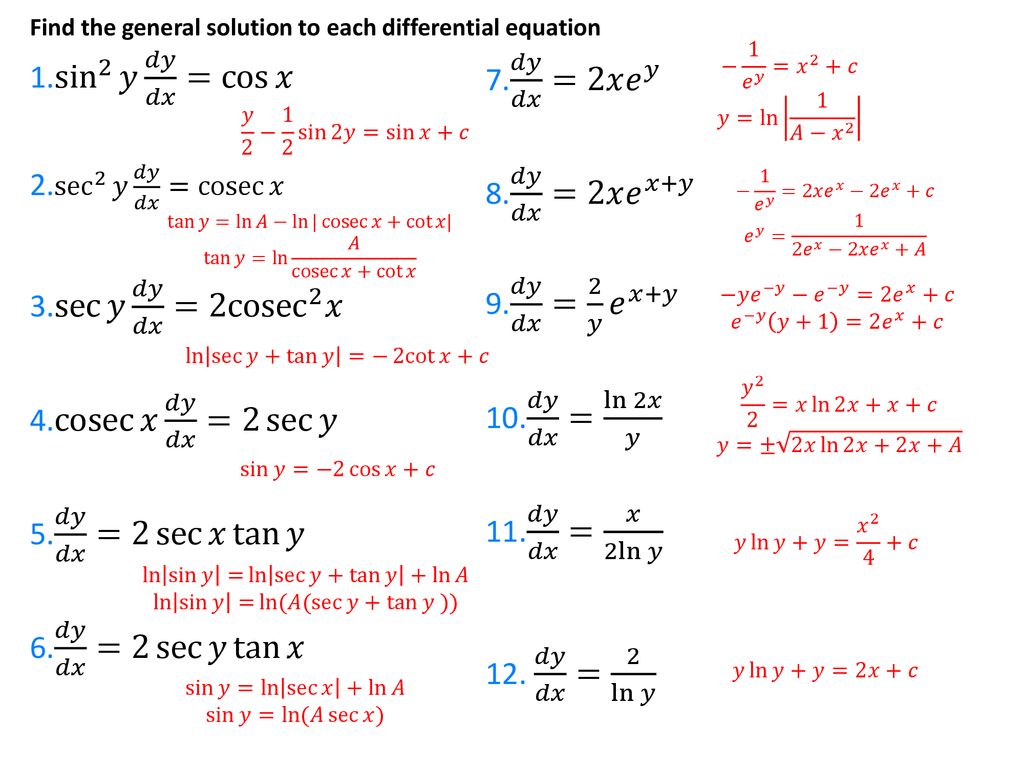



Differential Equations Separation Of Variables Ppt Download



X 1 1 Ydx Ln 2x 2 1 Y Dy 0 Is The Equation An Exact Differential Equation If It Is A Exact Differential Equation Find Its Solution Quora



Tau Ac Il
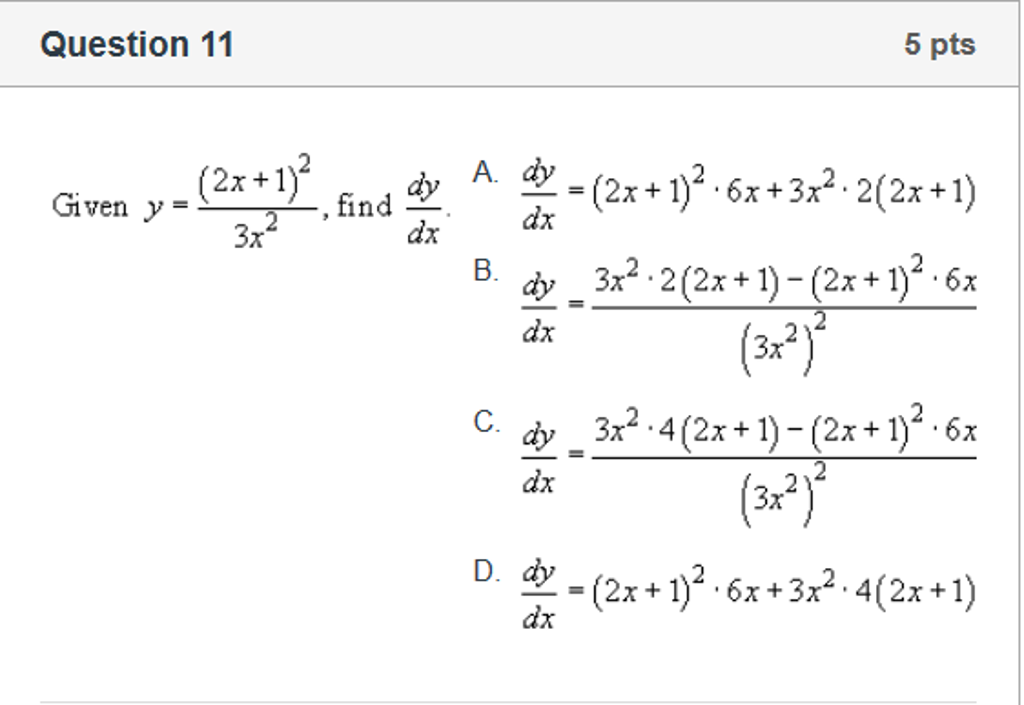



Solved Given Y 2x 1 2 3x 2 Find Dy Dx Dy Dx 2x Chegg Com




Q1 Solve The Ode F Vyy Y3 2 1 Y 1 0 G 2x Y Dx 2x Y 1 Dy 0 I Dx Xy2e Y 2 0 J Homeworklib




Solve Dy Dx Y 1 X 2 3 2 X 1 X 2 1 2 1 X 2 2 Youtube
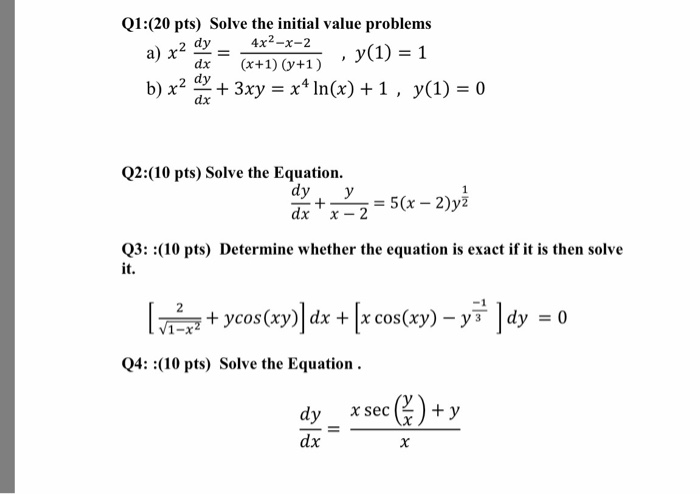



Solved Solve The Initial Value Problems X 2 Dy Dx 4x 2 Chegg Com



Stat Wisc Edu
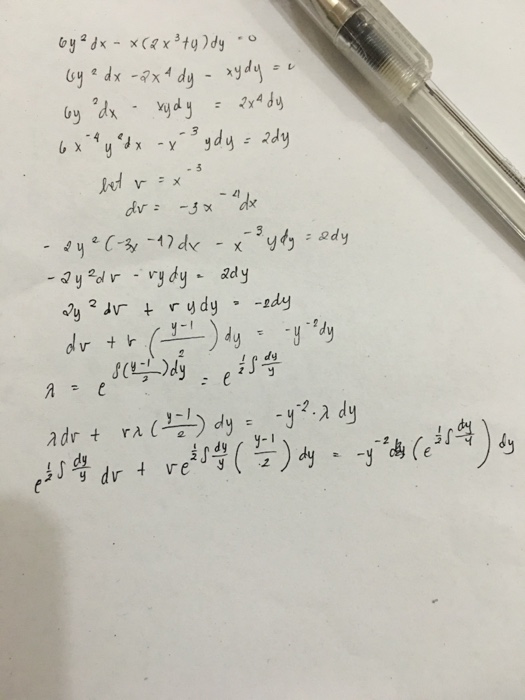



Solved Bernoulli S Equation 6y 2 Dx X 2x 3 Y Dy 0 Chegg Com



1



Find The General Solution Of Differential Equation X 2 Y 1 Dx Y 2 X 1 Dy 0 Sarthaks Econnect Largest Online Education Community



Link Springer Com
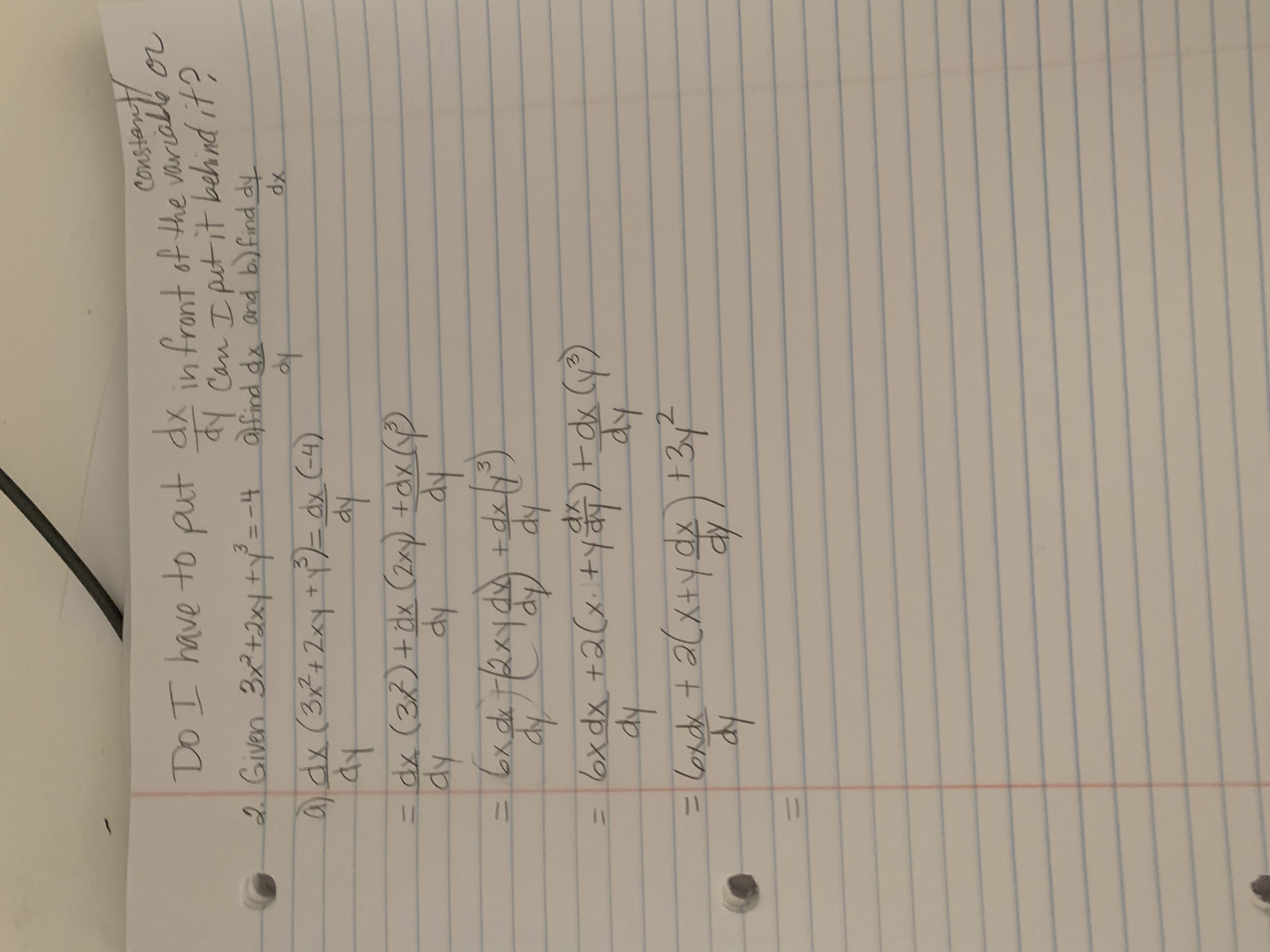



Answered Rebecca Ferrer 2 26 Given Bartleby




For The Differential Equation X 2 Y 2 Dx 2xy Dy 0 Which Of The Following Are True Youtube



Solve The Differential Equation Dy Dx X 2y 3 2x Y 3 Sarthaks Econnect Largest Online Education Community
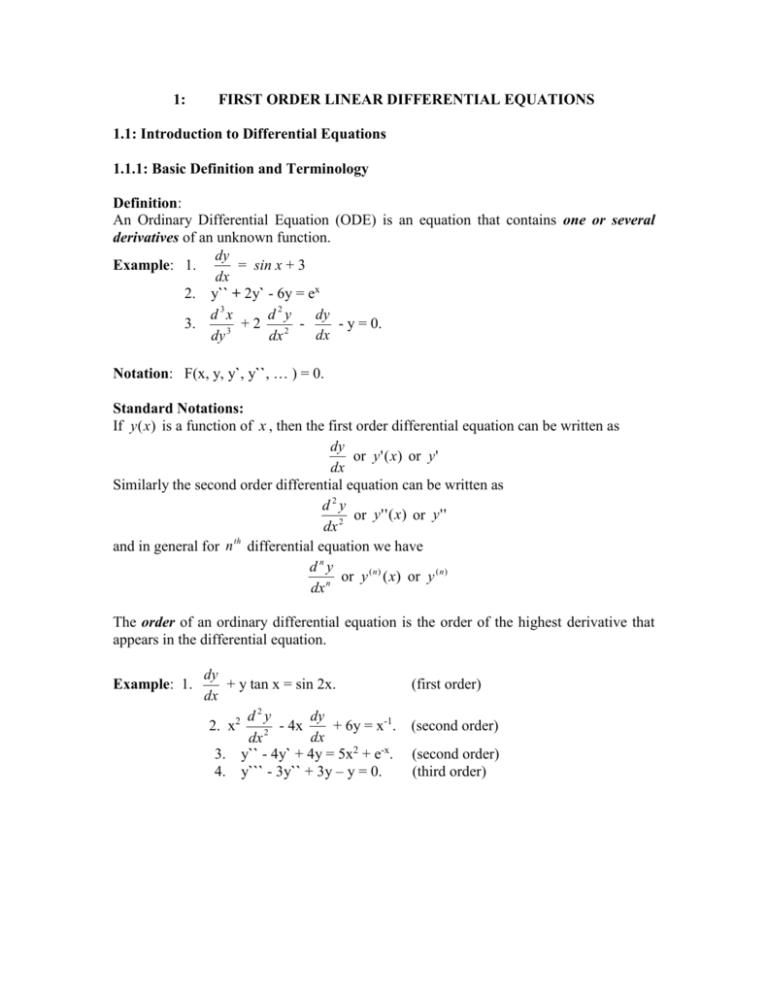



Chapter 1 1st Order Linear Differential Equations



Secure Media Collegeboard Org



3 8 Implicit Differentiation Calculus Volume 1



Ualberta Ca




Ex 9 5 15 Class 12 Find Solution 2xy Y 2 2x 2 Dy Dx 0 When




X 1 Y 2 Dx Y 1 X 2 Dy 0 Youtube




Solve The Linear Differential Equation X 2 1 Dy Dx Xy X Youtube



What Is The General Solution Of The Differential Equation 2x 2y 3 Dy Dx X Y 1 Quora
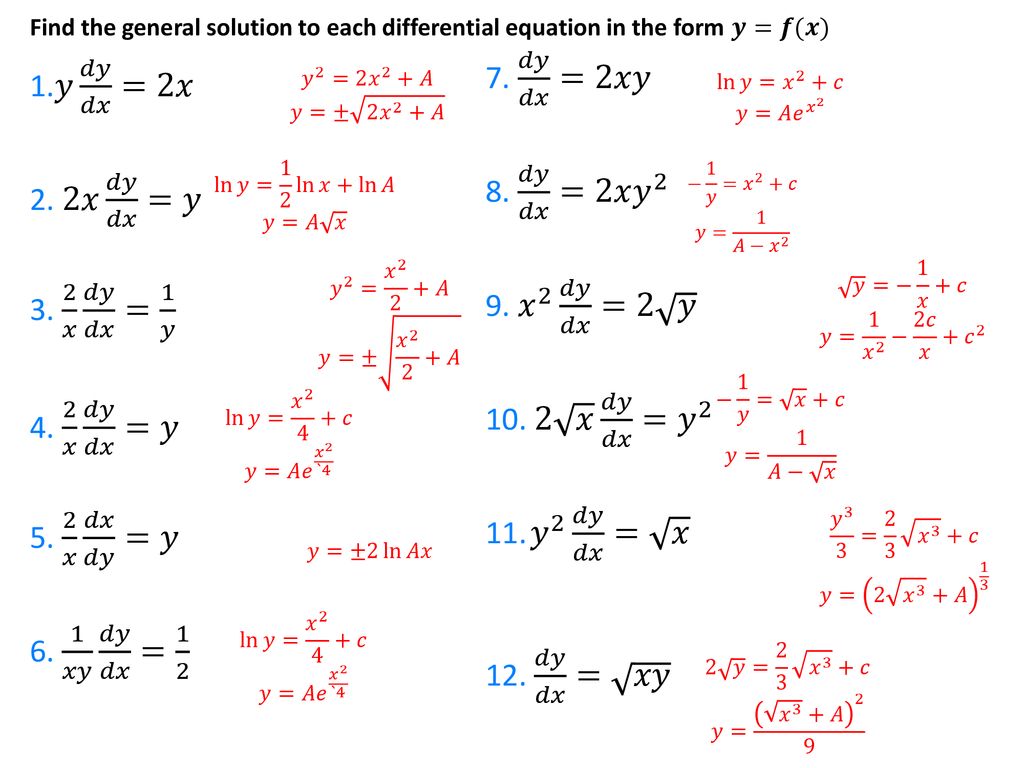



Differential Equations Separation Of Variables Ppt Download
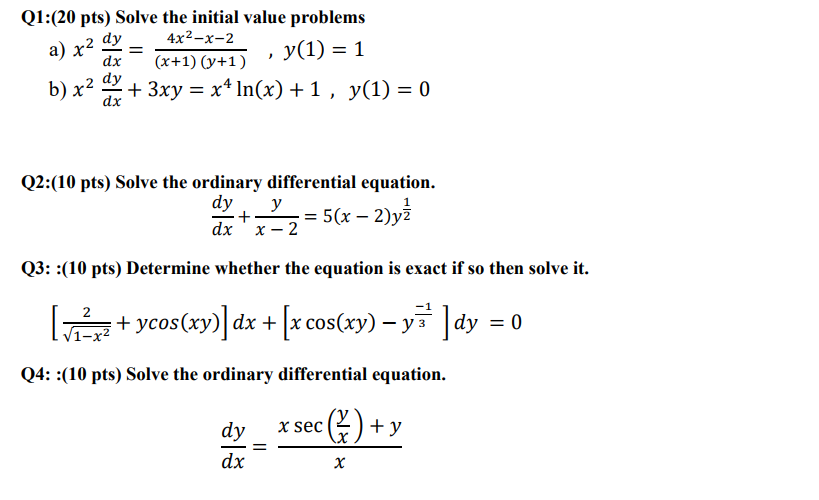



Solved Solve The Initial Value Problems A X 2 Dy Dx 4x 2 Chegg Com



Ocw Mit Edu




Verifying Solutions To Differential Equations Video Khan Academy
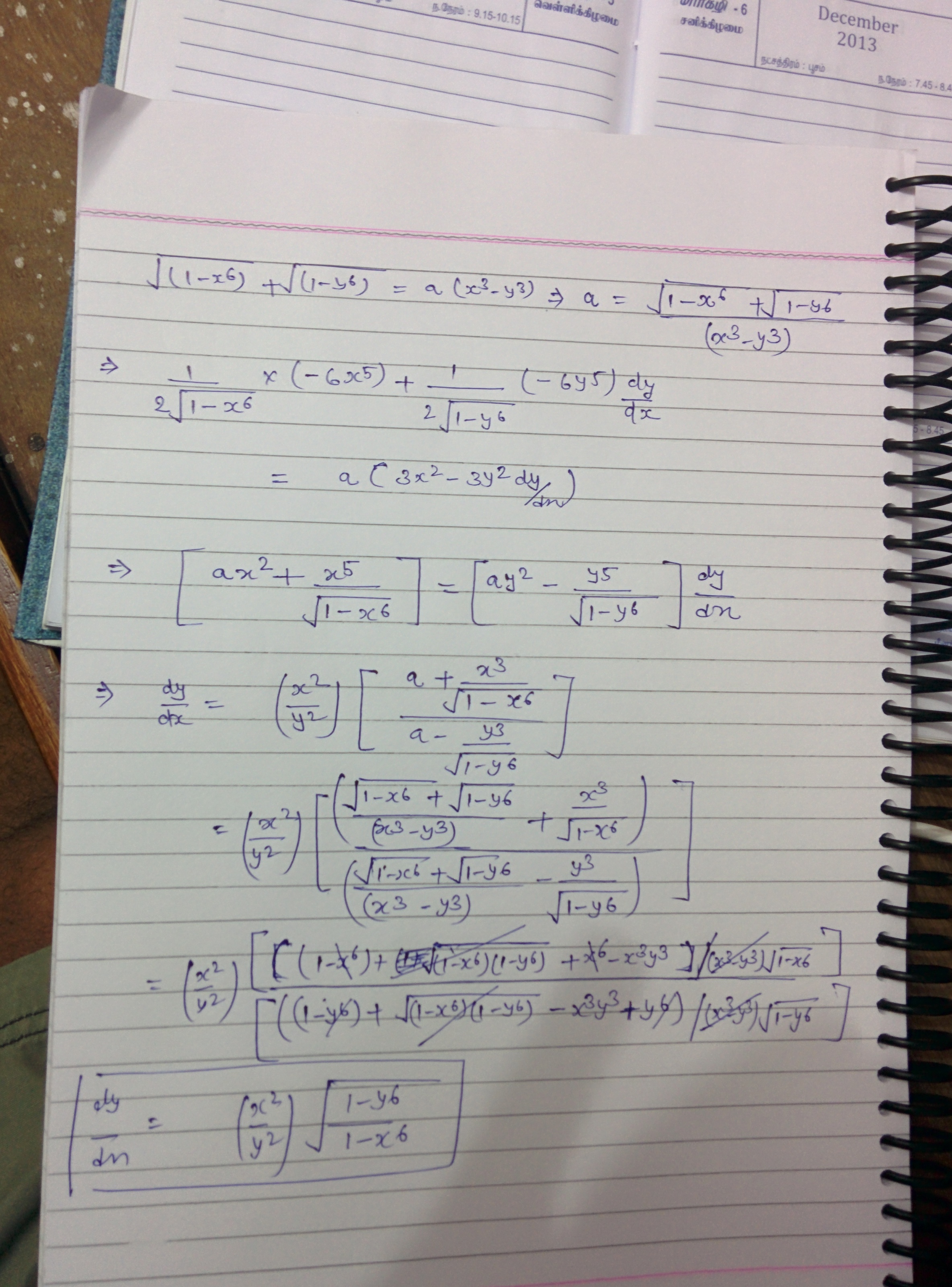



If 1 X 6 1 2 1 Y 6 1 2 A X 3 Y 3 The Prove That Dy Dx X 2 Y Askiitians




1 Solve X 1 X2 Dy 2x Y Y Ax3 Dx 0 Homeworklib
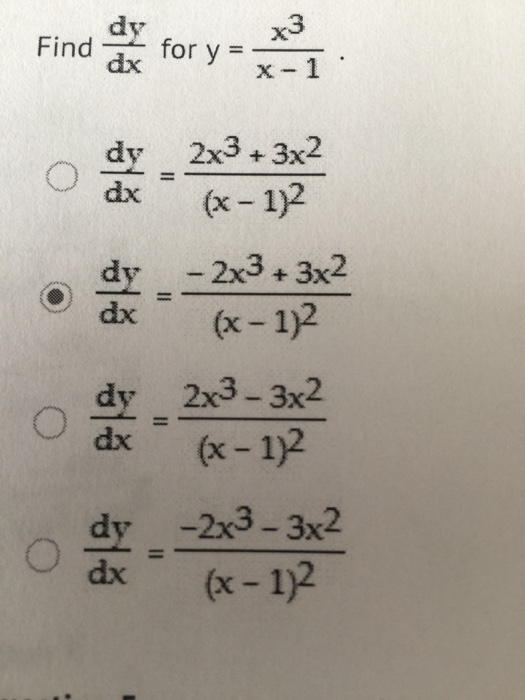



Solved Find Dy Dx For Y X 3 X 1 Dy Dx 2x 3 3x 2 Chegg Com



How Do I Solve The Following Differential Equation Math X 1 X 2 Dy Over Dx 2x 2 1 Y X 3 Math Quora




Exact Equations Example 3 Video Khan Academy




Solve 1 X 2 D 2y Dx 2 X Dy Dx Y X 1 X 2 3 2 Mathematics 2 Question Answer Collection
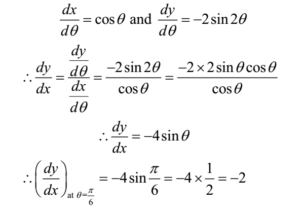



Equation Of Normal And Tangent To The Curve Using Calculus Method
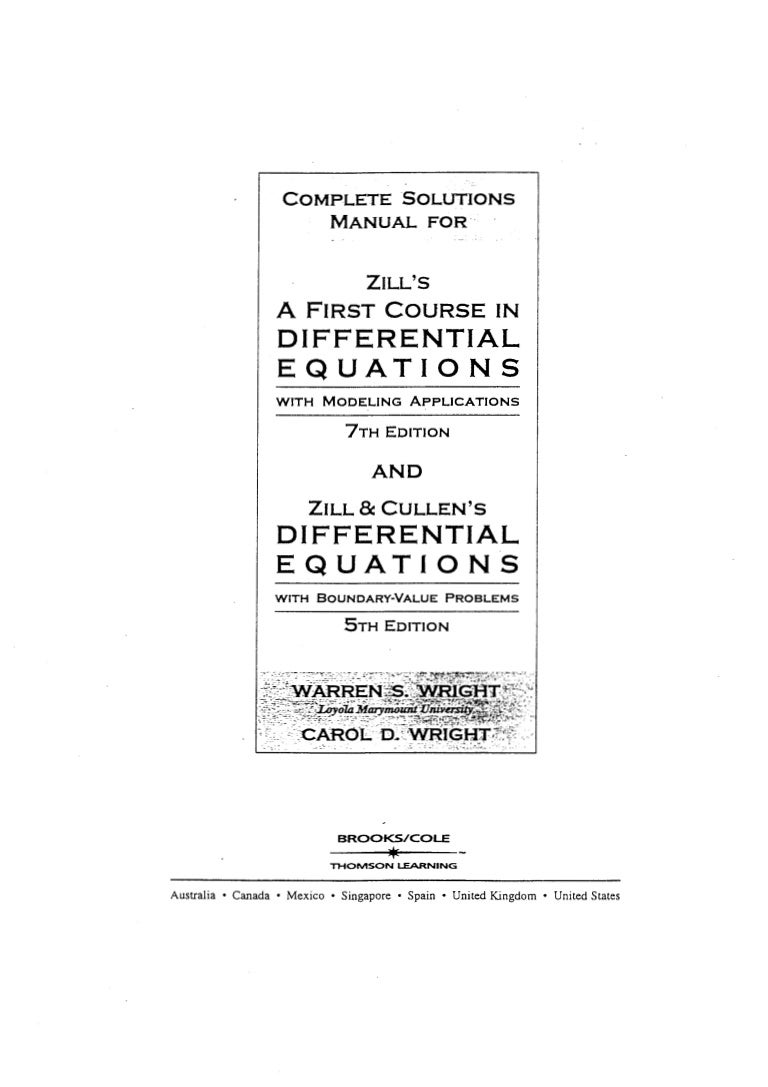



Solucionarioecuacionesdiferencialesdenniszill7aedicion P



The Differential Equations X 3 X 2 X 1 Dy Dx 2x 2 X Y 1 Sarthaks Econnect Largest Online Education Community




Solved Dy 11 If X Xy 3y 3 Then At The Point 2 1 Chegg Com




1 If Y Sqrt X 2 1 Log 1 X Sqrt 1 1 X 2 Find Dy Dx 2 Find The Equation Of Tangent To The Curve Y Sqrt 4x 2 Which




Misc 14 Find Particular Solution X 1 Dy Dx 2e Y 1



Secure Media Collegeboard Org




Method Of Undetermined Coefficients
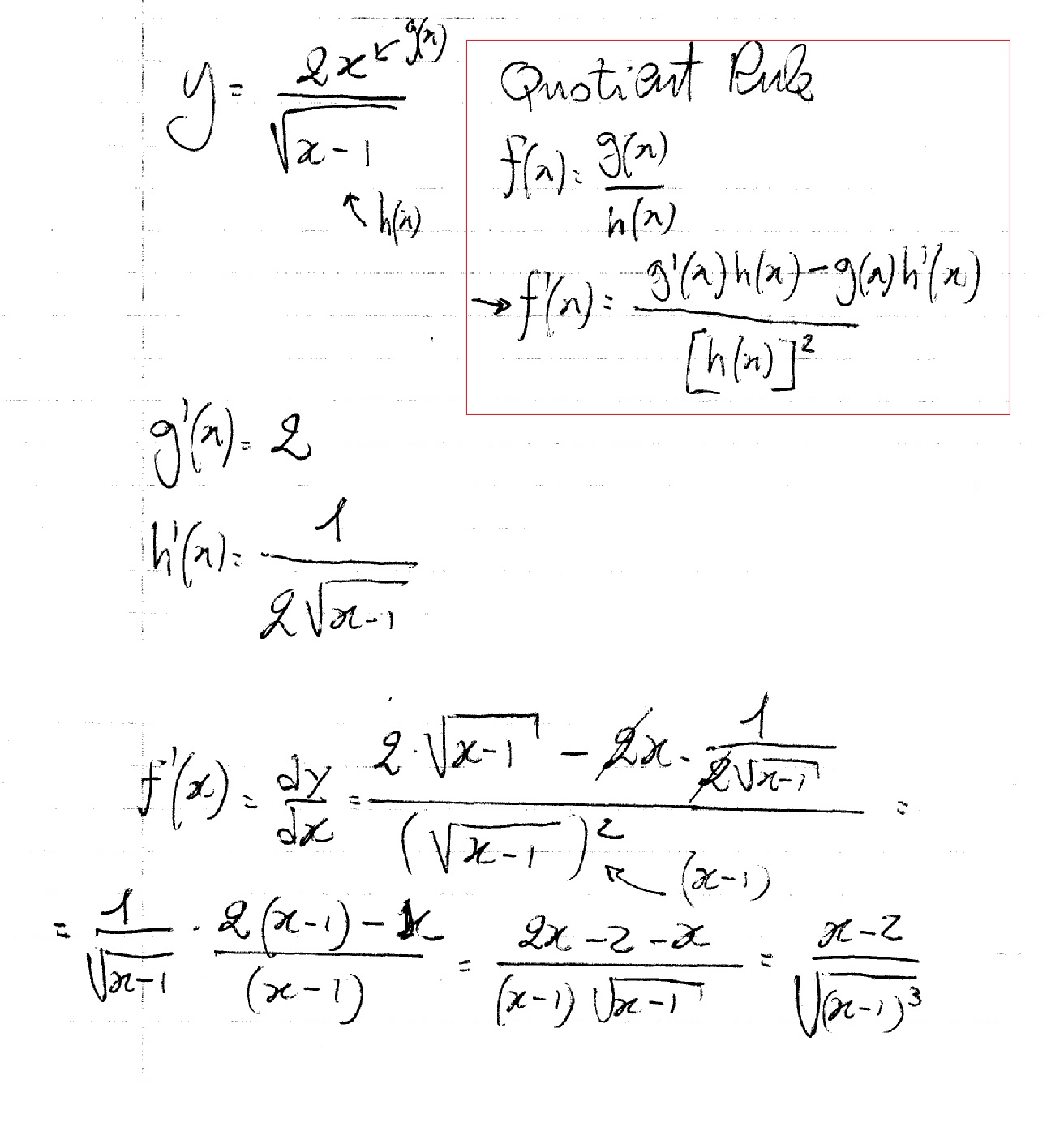



How Do You Find Dy Dx For Y 2x Sqrt X 1 Socratic



0 件のコメント:
コメントを投稿